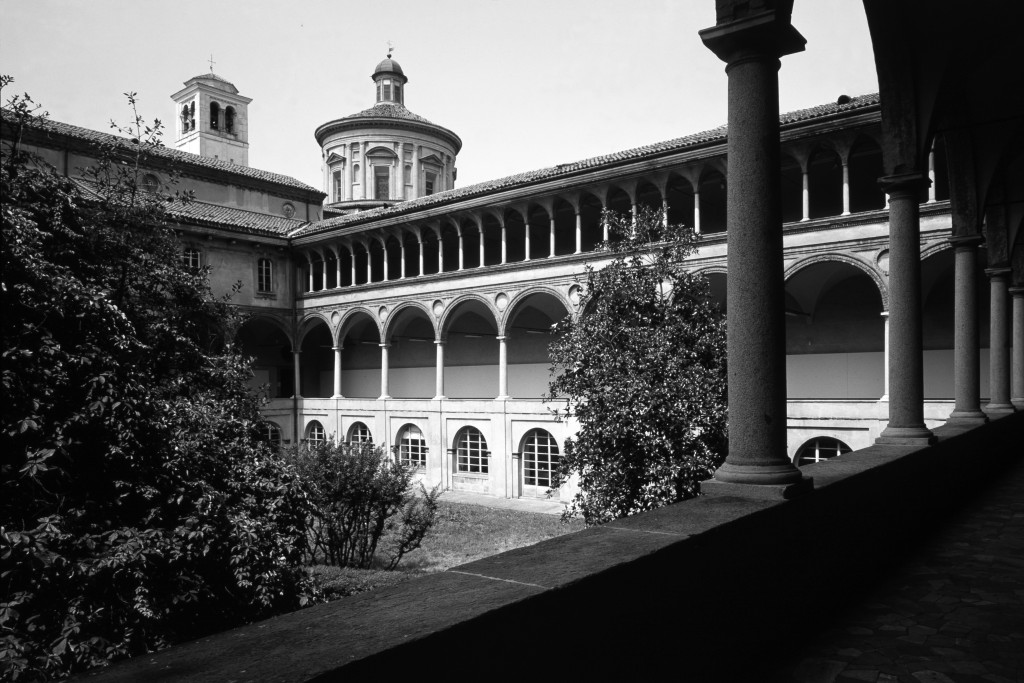Rethinking Civilisation
Talks About Asia
A series of conversations organised by Gluck50 in collaboration with the National Museum of Science and Technology Leonardo Da Vinci, curated by Maurizio Bortolotti.
ULI SIGG
A brief History of Chinese Contemporary Art and its Recourse to Tradition.
13 April 2018, 11 a.m. – 1 p.m.
Sala Auditorium
BHARTI KHER
The Sum of All Parts.
24 April 2018, 3 – 5 p.m.
Sala Cenacolo
Rethinking Civilisation is a series of conversations and meeting opportunities dedicated to the changes and widening of the boundaries of contemporary art that have today incorporated new areas, especially in Asia, but also beyond.
The two scheduled meetings focus on aspects of artistic research in the two most important Asian countries, China and India, and are dedicated to artistic languages and their social implications.
At 11 in the morning on 13 April, the programme opens with Uli Sigg, the leading collector of contemporary Chinese art and co-curator of the inaugural exhibition at the M +, Museum for Visual Arts in Hong Kong, which is scheduled to open its doors in 2019. Sigg’s talk, A brief History of Chinese Contemporary Art and its Recourse to Tradition, will explore the theme of the relationship between contemporary Chinese art and tradition.
This will be followed on 24 April at 3 in the afternoon by the The Sum of All Parts with Bharti Kher, who lives and works in New Delhi; she is a figure of great interest and one of the best known artists on the contemporary Indian scene. Her work often reflects her condition as a female artist working in the Asian context. For her work, she was nominated Chevalier of the Ordre des Arts et des Lettres in 2015.
Over the past three decades, contemporary art has been profoundly influenced by a renewed process of internationalisation. New players have appeared on the world stage and the boundaries of what could once be called the world of art have expanded considerably, to the point of questioning the earlier centres of production. One of the areas of greatest development, in part due to sustained economic growth, is undoubtedly Asia. New centres have appeared and the artistic debate has taken on new forms and languages.
In a more general sense, rethinking the contemporary idea of civilisation, and linking it to the process of globalisation, also means widening the very boundaries of art and showing points of view and artistic research that are rooted in cultural traditions different to those to which we have been accustomed in interpreting contemporary art in the past few decades, with particular reference to the modern tradition.
The very idea of civilisation today appears to be multifaceted and there is therefore urgent need to explore the new forms of artistic culture that have developed within this new scenario.
The two meetings will take place in the National Museum of Science and Technology Leonardo da Vinci in Via San Vittore 21, Milan.

